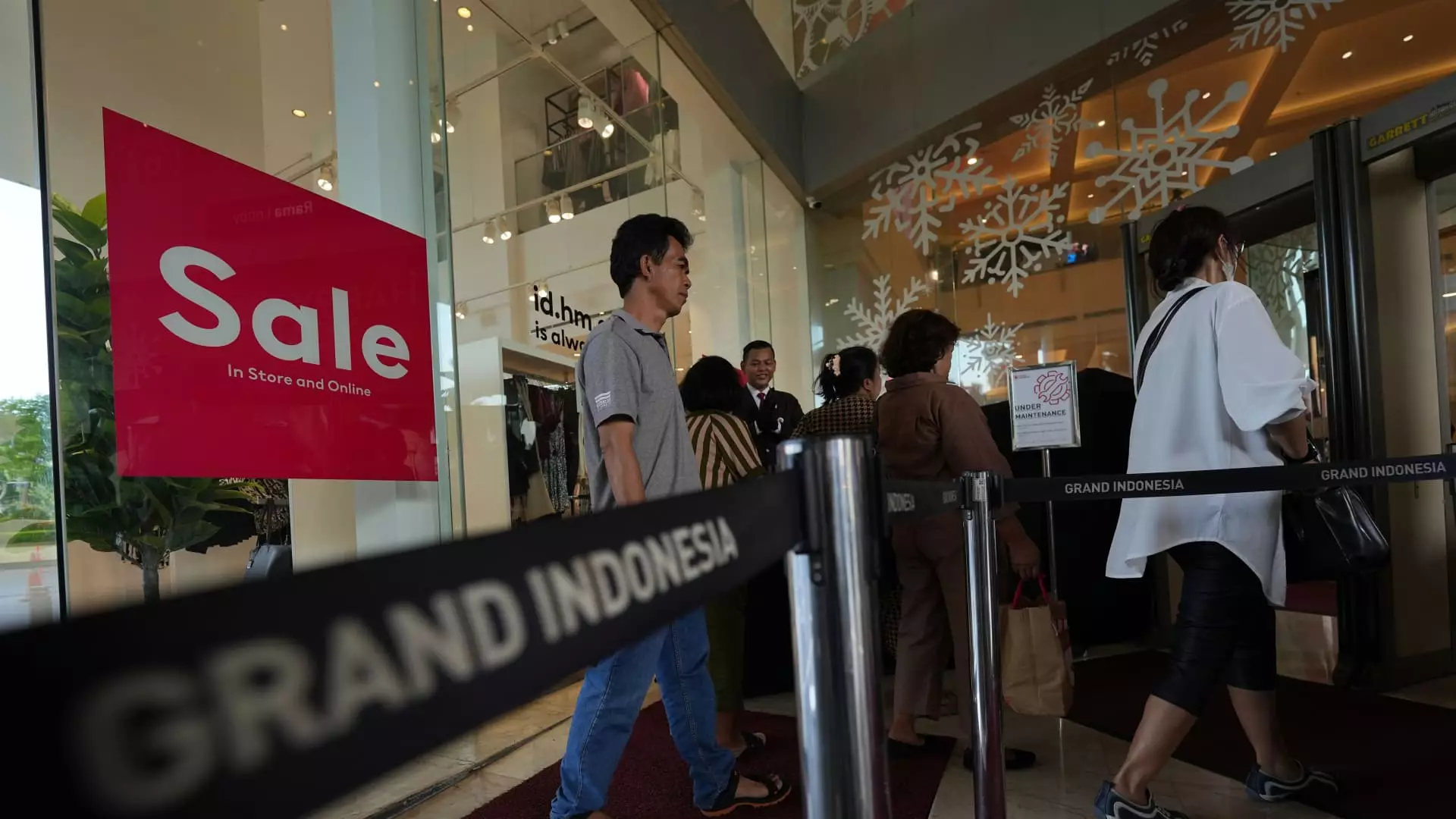Honor, a company birthed from the illustrious Huawei ecosystem, has declared its intent to break into the Indonesian smartphone market by the end of March. This announcement reflects not just strategic ambition but highlights Indonesia’s significance as a burgeoning market for mobile technology. With a staggering population making it the fourth largest in the world, just trailing the United States, Indonesia represents both a challenge and an opportunity for companies in the tech space. The country’s recent ban on Apple’s iPhone 16 due to local production regulations has undoubtedly opened the door wider for competitors like Honor.
These restrictions stipulate that for smartphones to be sold in the Indonesian market, 40% of their components must be sourced domestically. Such regulations make it difficult for multinational corporations that rely heavily on imported parts, creating an interesting dynamic where companies that adapt to local manufacturing could flourish. This presents Honor with a unique chance to position itself as a key player in a region increasingly wary of foreign dependency.
Honor’s foray into Indonesia is characterized by a strategic plan that includes collaboration with local manufacturing partners and clearly defined product lines. According to Justin Li, the president of Honor’s South Pacific operations, the brand intends to roll out ten products, initially focusing on medium to high-end devices, including a folding phone. This suggests that Honor is not merely looking to compete on quantity but rather to establish a foothold by offering innovative and desirable products.
Furthermore, the company aims to expand its offerings to a total of about 30 devices throughout the year. This ambitious product rollout exemplifies Honor’s understanding of the regional market’s demands. Canalys analyst Chiew Le Xuan emphasized Indonesia’s role as a vital hub for smartphone shipments in Southeast Asia. With 35% of the region’s shipments attributed to Indonesia, the market’s attractiveness lies within its rapidly growing economy and expanding middle class.
Honor enters a competitive arena dominated primarily by Chinese manufacturers such as Oppo, Xiaomi, and Transsion, who have reportedly secured the top spots in smartphone shipments within the region. According to the analytics firm Canalys, these companies have established a strong market share, with Samsung and Vivo trailing closely behind. Honor’s challenge will be to carve out its niche in a market already saturated with established brands.
Importantly, Honor has expressed its intentions to differentiate itself from competitors by creating a robust local presence. Plans to open at least ten stores further indicate a commitment to integrating into the Indonesian market. This contrasts sharply with the current approach of Apple, which has limited engagement in the region, reflecting a broader strategy that leans heavily on online sales outside of China and Japan.
Li maintains that Honor’s decision to enter Indonesia was borne out of a long-standing observation rather than a direct reaction to Apple. The company is continuing to hire locally, aiming for a workforce that predominantly consists of Indonesian staff. This decision underscores a commitment not just to the market but also to the economic fabric of the country, which can enhance brand perception and customer loyalty.
As Honor gears up to make its public debut and expand its influence beyond China, its success in Indonesia could serve as a significant case study for other tech companies planning similar ventures in emerging markets. By harnessing the local economic landscape, adapting products to meet regional tastes, and emphasizing local manufacturing, Honor has the potential to establish itself not only as a competitor but as a leader in the Southeast Asian tech industry.
Honor’s decision to extend its operations into Indonesia comes at a pivotal moment, one marked by both hurdles and opportunities. With concerted efforts to understand and embrace local preferences, Honor aims to leverage its heritage and innovative spirit to secure a promising future in this economically vibrant region. It’s clear that the journey will require resilience, adaptability, and an unwavering commitment to local engagement, but the rewards of tapping into one of Asia’s most lucrative markets could be monumental.

